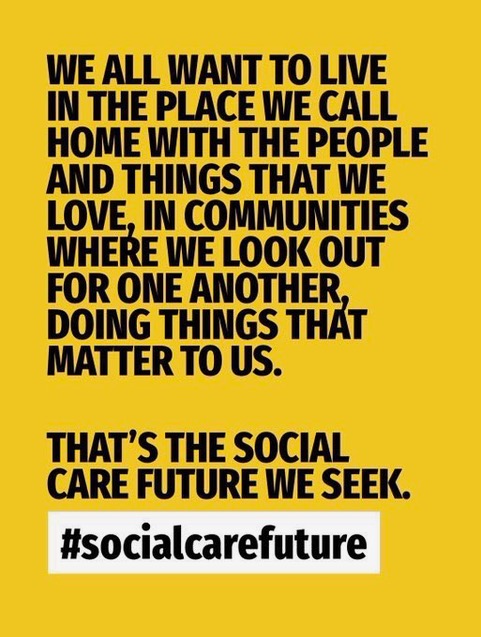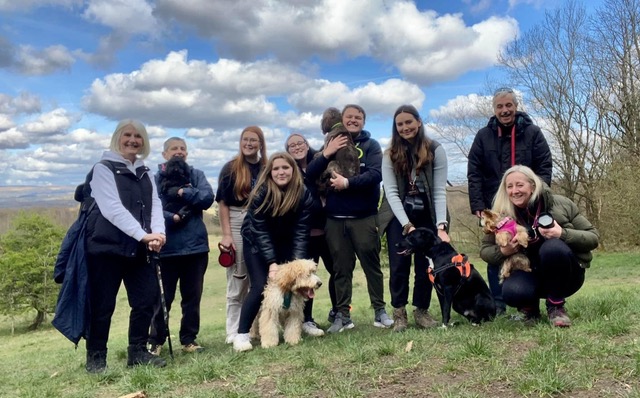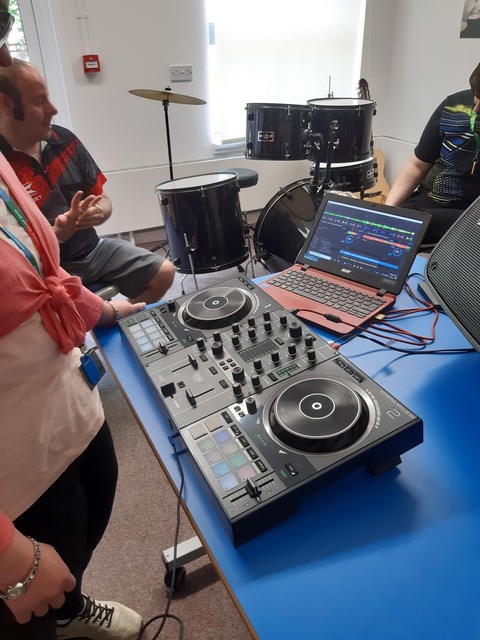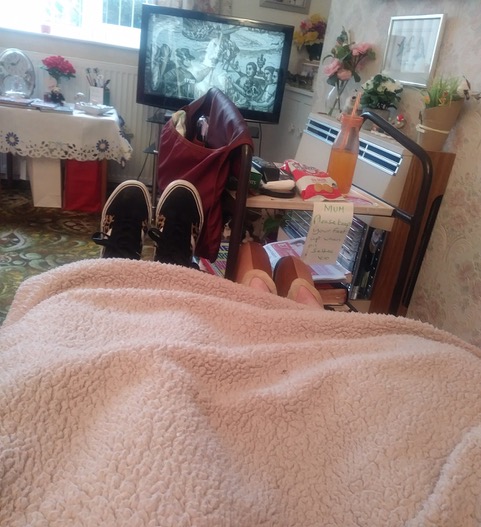Written by Ali Gardner Senior Lecturer – Social Work Manchester Metropolitan University (MMU)
Last time I blogged for Community Circles I talked about how we are introducing person-centred thinking tools with our Social Work students and exploring ways in which students can become part of Circles as Circle members and facilitators. Community Circles are exploring a model to create Circles at scale using person-centred thinking so that everyone can benefit. Key to this is the use ofone-page profiles within Circles, something which we believe strongly in and are using with our students.
One-page profiles are a simple tool that capture information about what people like and admire about a person, what is important to them and how best to support them on one page. For the people that our students will be supporting in the future, this tool could empower them to direct their support and communicate well during potentially difficult times and whilst overcoming many obstacles. For our students, learning about this tool now, will embed person-centred thinking into the core of their learning.
At MMU we are committed to a ‘strength based’ model of Social Work in which we see the individual as an expert in their own life and support, and the role of the practitioner as one to facilitate and enable support to be delivered in a way that makes sense to the service user. In order to carry out that role effectively in practice we encourage students to develop understand and use person-centred thinking tools in their own lives. The adoption of one-page profiles has allowed our students to experience the process of identifying and sharing their own strengths and support needs with their fellow students and tutors.
We are using one-page profiles in the following areas of a student’s journey through education to employment:
- When first joining us: Students receive training and complete their own one-page profile. As a result they experience what it feels like to share information about themselves, giving them some perspective of how this might feel for service users who are constantly expected to share personal information with relative strangers.
- With Tutors: Tutors share their one-page profile, generating a subtle shift in power as this reciprocal exchange breaks down barriers and the student has a window into the tutor’s life, past that of the University building.
- To personalise learning: One-page profiles can be used to develop the curriculum to meet the individual needs of the students.
- To motivate individuals and celebrate identity: The appreciations from both the tutor and students’ one-page profiles are used to create a group ‘wordle’. This is a graphic that reflects what students and tutors appreciate about each other. It provides a strong identity as a member of the MMU community but also a basis upon which change can be responsive and negotiated to improve the learning environment and the overall student experience.
- On Placement and within Community Circles: Students will adapt their profiles in preparation for their first placement with a view to sharing it with their practice educator and team at an appropriate time. The one-page profile will focus the support the student needs on placement and identify the strengths and skills they bring to practice. Within their Circles work it will be used to match them well as a facilitator and to introduce them to the other Circles members.
- In employment: Students will continue to adapt and develop their one-page profile as they progress through their training with a view to developing a one-page profile that they can share with potential employers at an appropriate stage of the recruitment process.
In some ways the work we have been doing around one-page profiles, seems so simple that one can’t avoid thinking there must be more to it. One-page profiles have been criticised for having little value other than gloss or garnish but it may just be possible that one-page profiles can be used as a practical tool in enabling professionals and service users to engage in a very different way which forms the basis, therefore, of thinking about support in a very different way. Similarly, personalisation has often been targeted as a façade for cutting costs, fragmenting services and breaking down the collective voice but it’s hard to find anyone who disagrees with the fundamental principles of choice, independence, inclusion and control underpinning a social model approach to delivering support.
Our work with Community Circles continues to excite and inspire us and I’m looking forward to the students realising how their profiles work in practice within the context of matching people and supporting people well.
Learn more about one-page profiles: see Getting To Know You on Social Care Institute for Excellence website www.scie.org.uk or one-page profiles on Helen Sanderson Associates website.www.helensandersonassociates.co.uk .
This blog site is brought to you by Community Circles. If you want to learn more about Circles of Support from Community Circles, like us on Facebook and follow us on Twitter.






